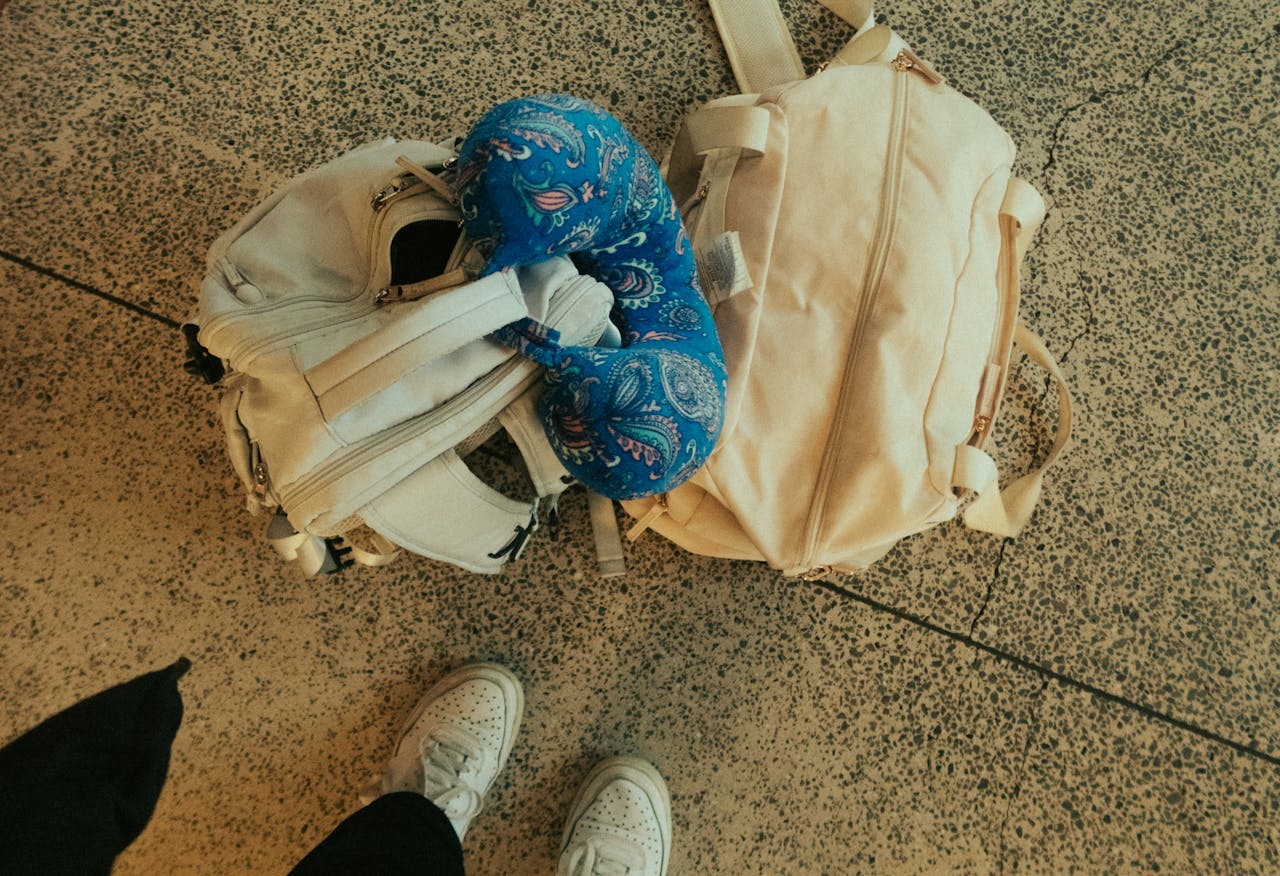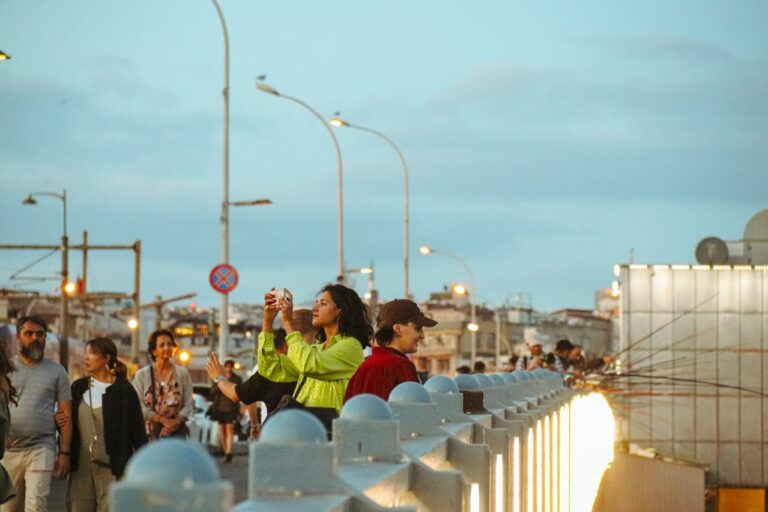Write Us: hello@ali5.org
What to Do When Your Trip Doesn’t Go as Planned (And Why That’s Okay)
Discover what to do when your trip doesn’t go as planned and why that’s okay. Get practical tips for staying calm, adapting quickly, and finding joy in the unexpected.

You have the tickets, the bags, and a plan for everything you want to do. Everything is supposed to go well on the trip. Things go wrong, though. Your flight is late, the weather is bad, or the “dream hotel” isn’t a dream after all.
There’s something about travel that can surprise you, no matter how well you plan. That’s not always a bad thing. The important thing is to know how to deal with the unexpected without having it ruin your fun.
Let’s talk about what to do when things go wrong and how it might make your trip better.
1. Take a deep breath before moving.
If your ideas don’t work out, you might feel scared or angry at first. It makes sense, but moving too quickly can make things worse. Instead, take a moment. Sit down, take a deep breath, and think about what you can do. Don’t forget that most trip problems can be fixed, even if it takes a while.
Why it’s okay: Mishaps you didn’t see coming can make for really interesting trip stories. The time you missed the train could have led you to a nearby coffee shop, where you met new people.
2. Always have a plan B (or two).
You can’t know what will happen, but you can get ready for the usual problems:
- Flights: Know about other airlines or paths.
- Places to stay: Make a short list of possible hotels or hostels.
- Activities: Make a list of things to do inside for “rainy days.”
You won’t have to start from scratch if something goes wrong. It’s okay because being flexible lets you try things you wouldn’t have thought of before. If your boat tour gets canceled, you might end up at a great neighborhood market instead.
3. Vacation insurance is a good thing to have
Travel insurance isn’t the most exciting thing to buy, but it can save you if your plans go wrong. If you have coverage, you won’t have to worry about money when things go wrong, like losing your bags or getting sick.
Why it’s okay: Being sure of your financial security gives you the peace of mind to handle problems quietly. It gives you peace of mind so you can focus on finding answers instead of adding up the costs.
4. Adopt the local speed
Your plans don’t always match up with how things work where you’re going. The stores might close early, or the public transportation might not work the way you thought it would. Try to change instead of fighting it.
Why it’s okay: Going with the flow can help you learn more about a culture. You start to notice how people who live there spend their time, instead of running from one thing on their list to the next.
5. Ask for help
Do not be afraid to ask people in the area, the hotel staff, or even other tourists for help when something goes wrong. Most of the time, people are more ready to help than you think. Just be polite and clear about what you need.
Why it’s okay: When you ask for help, you often meet real people. You could get tips that you wouldn’t find in a guidebook.
6. See delays as chances to do something
Is your flight late? Is the train late? Don’t let your anger build up; instead, use the time:
- Try a coffee shop or snack shop in the area.
- Log what you’ve done on your trip so far.
- Check out nearby streets you may have missed.
Why it’s okay: If your trip is running late, you can take your time. You’re not just going from one place to another; they tell you that you’re in those places.
7. Don’t plan everything out.
When you over-plan, you can’t make changes. If you have planned every minute of your trip, anything that comes up can throw everything off.
Why it’s okay: If you have a loose plan, you can change your mind without worry. Being open to new experiences often leads to the most unexpected and memorable ones.
8. Don’t forget why you’re there.
It’s easy to focus on the bad when something goes wrong. But think about why you went on the trip in the first place: to relax, learn, meet, or see new things. Those goals can still come true, but maybe not the way you thought they would.
It’s okay because changing standards doesn’t mean lowering them. It means being happy about the things that are still possible.
9. Get used to letting go
Some problems just won’t go away on their own. You might not be able to go on a hike you’ve been looking forward to for months because of bad weather, or a historic spot might be closed for repairs. Even though it’s annoying, hanging on to that annoyance makes you feel worse.
What’s good about letting go? It tells you to think about what you can do instead of what you can’t. And sometimes the new pastime ends up being the best part of your trip.
10. Make stories out of setbacks
The bus that got missed. The heavy rain all at once. The hotel said it had “ocean views,” but it was really just a parking lot. Right now, they’re a bother. You’ll laugh about those times later.
It’s okay because the best travel stories come from trips that went wrong. Your friends will remember the funny accident more than the day that went perfectly.
Last Thoughts
By its very nature, travel is uncertain. No matter how much you plan, study, and get ready, there will always be things you can’t change. The good news? Part of what makes flying so fun is that you can’t be sure what will happen.
You can either let it ruin your mood or see it as part of the adventure when things don’t go as planned on your trip. Picking the second choice lets you experience things you couldn’t have planned, even if you tried.
When your plans fail, know that it’s still not the end of your trip. It’s only the start of a new part of it.







